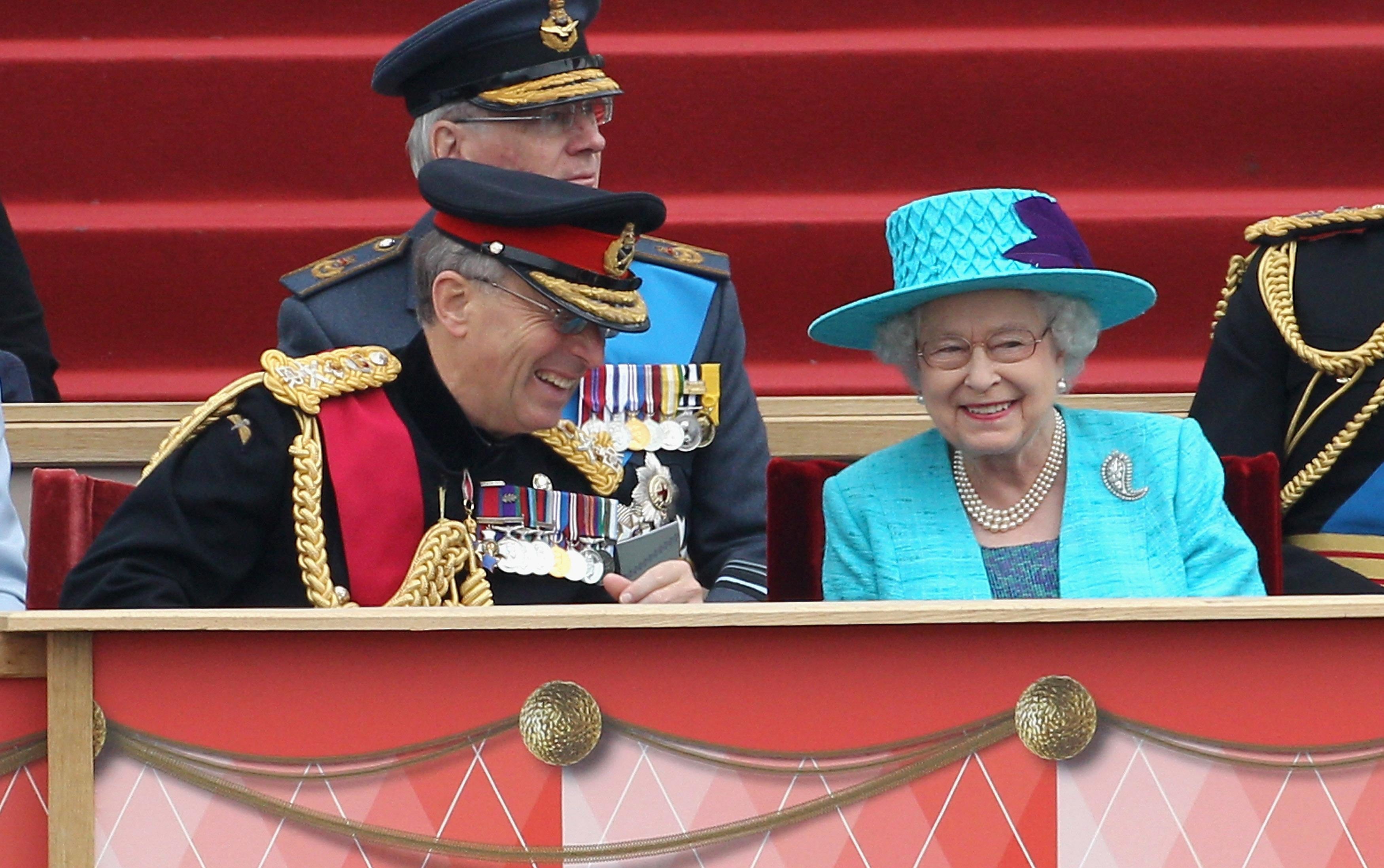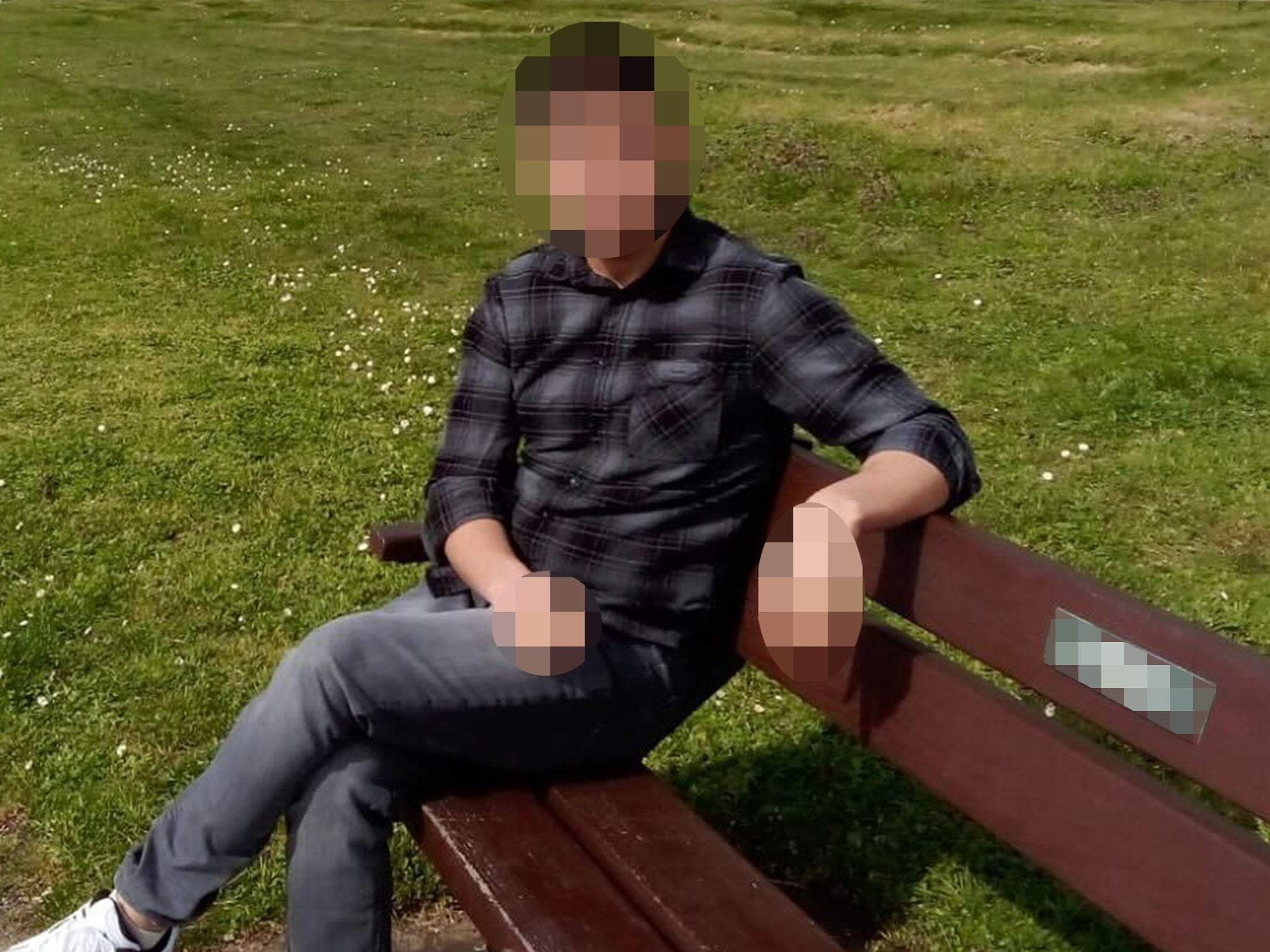Former UK head of coalition forces in Afghanistan: It would be a ‘travesty’ to deport hero pilot
Kicking the Afghan fighter pilot out of the UK would be so ‘contrary to British instincts’, says General Lord David Richards
Your support helps us to tell the story
From reproductive rights to climate change to Big Tech, The Independent is on the ground when the story is developing. Whether it's investigating the financials of Elon Musk's pro-Trump PAC or producing our latest documentary, 'The A Word', which shines a light on the American women fighting for reproductive rights, we know how important it is to parse out the facts from the messaging.
At such a critical moment in US history, we need reporters on the ground. Your donation allows us to keep sending journalists to speak to both sides of the story.
The Independent is trusted by Americans across the entire political spectrum. And unlike many other quality news outlets, we choose not to lock Americans out of our reporting and analysis with paywalls. We believe quality journalism should be available to everyone, paid for by those who can afford it.
Your support makes all the difference.The British former commander of coalition forces in Afghanistan is urging the government to show “solidarity and friendship” towards an Afghan pilot being threatened with deportation to Rwanda.
Backing The Independent’s campaign, General Lord David Richards of Herstmonceux said it would be a “travesty of justice” if the airman, who arrived in the UK via small boat, was to be kicked out.
The Afghan Air Force lieutenant worked alongside British and coalition forces, flying more than 30 combat missions, and escaped the country under threat of death from the Taliban, leaving his young family behind.
Lord Richards, a former chief of defence staff and head of UK armed forces, told The Independent: “Those who fought together in Afghanistan, the Afghan, British and other coalition forces did so with unwavering courage, dedication and solidarity. They forged a fellowship in battle. We need to stand by each other at times of need and continue to show that solidarity now.”
Stressing the need to uphold the values of decency and fairness in this country, he said: “To deport this brave man would be so contrary to British instincts that I am confident the home secretary would do the right thing and allow him to remain here. Anything less than that would be a travesty of justice.”

Lord Richards’ intervention follows a number of senior military, political and diplomatic voices who have joined in the call to help the pilot. Rishi Sunak promised to look into the case when he was asked about it by a select committee.
As head of Isaf (International Security Assistance Force) in Afghanistan, Lord Richards was the first non-American to command US forces since the Second World War.
He has maintained close contact with Afghanistan and its people and has advised a number of international organisations on the country. He has also commanded Nato’s “sword arm” – the Allied Rapid Reaction Corps.
His military career had not been without controversy. In 2000 he was in charge of a military force sent to rescue British and other foreign nationals trapped in the bloody civil war in Sierra Leone.
He decided the British military could not abandon the people of Sierra Leone as militias, who were carrying out murders and mutilations, descended on the capital Freetown. Without orders from London, he intervened with his forces and saved the city.
Richards faced criticism from some Whitehall mandarins and some in the military hierarchy. However, public reaction in the UK and Sierra Leone was overwhelmingly positive. He later received the DSO (Distinguished Service Order) military honour for the Sierra Leone mission.

The Afghan fighter pilot, who we are not naming for the safety of his family in Afghanistan, said he had no choice but to travel to the UK via a small boat because there were no viable safe routes.
He said that he felt he had been “forgotten” by the American and British forces that he worked alongside. “We are not Taliban, we are not Isis, so why are they leaving us like this?” he told The Independent.
In an email to the pilot, a Home Office official said that it had evidence that he had travelled through a number of other European countries before reaching the UK.
They said this could have “consequences for whether your claim is admitted to the UK asylum system”. The government has said that it will send Afghans to Rwanda if it decides that passing through France makes them “inadmissible” for asylum in the UK.
The email added: “[The pilot] may also be removable to Rwanda under the terms of the Migration and Economic Development Partnership between Rwanda and UK.”
It explained that the Home Office “may also share your personal data with Rwanda in order to ask Rwanda, another country we consider to be safe, whether it would admit you”.
He has now applied to stay in the UK under the Afghan relocations and assistance policy (Arap), which is designed to resettle those employed by British forces or those who “materially” contributed to the success of UK operations in Afghanistan.
Afghans are now the largest nationality of small boat migrants, government figures show, with 909 of them making the journey during the first three months of this year.

The Home Office’s main resettlement pathway for Afghans to come to the UK has only brought 22 people here since the 2021 evacuation.
Lord Richards joins more than 20 senior military chiefs and politicians in backing The Independent’s campaign to let the lieutenant stay in the UK.
Veterans charity The Royal British Legion has also urged Britain to “honour its commitment” to help Afghan war heroes who worked with the British.
Former head of the army General Lord Richard Dannatt, former Nato chief Lord Robertson, and General Sir Richard Barrons, a former chief of joint operations who served in Afghanistan, have also urged the government to look into the pilot’s case.




Join our commenting forum
Join thought-provoking conversations, follow other Independent readers and see their replies
Comments